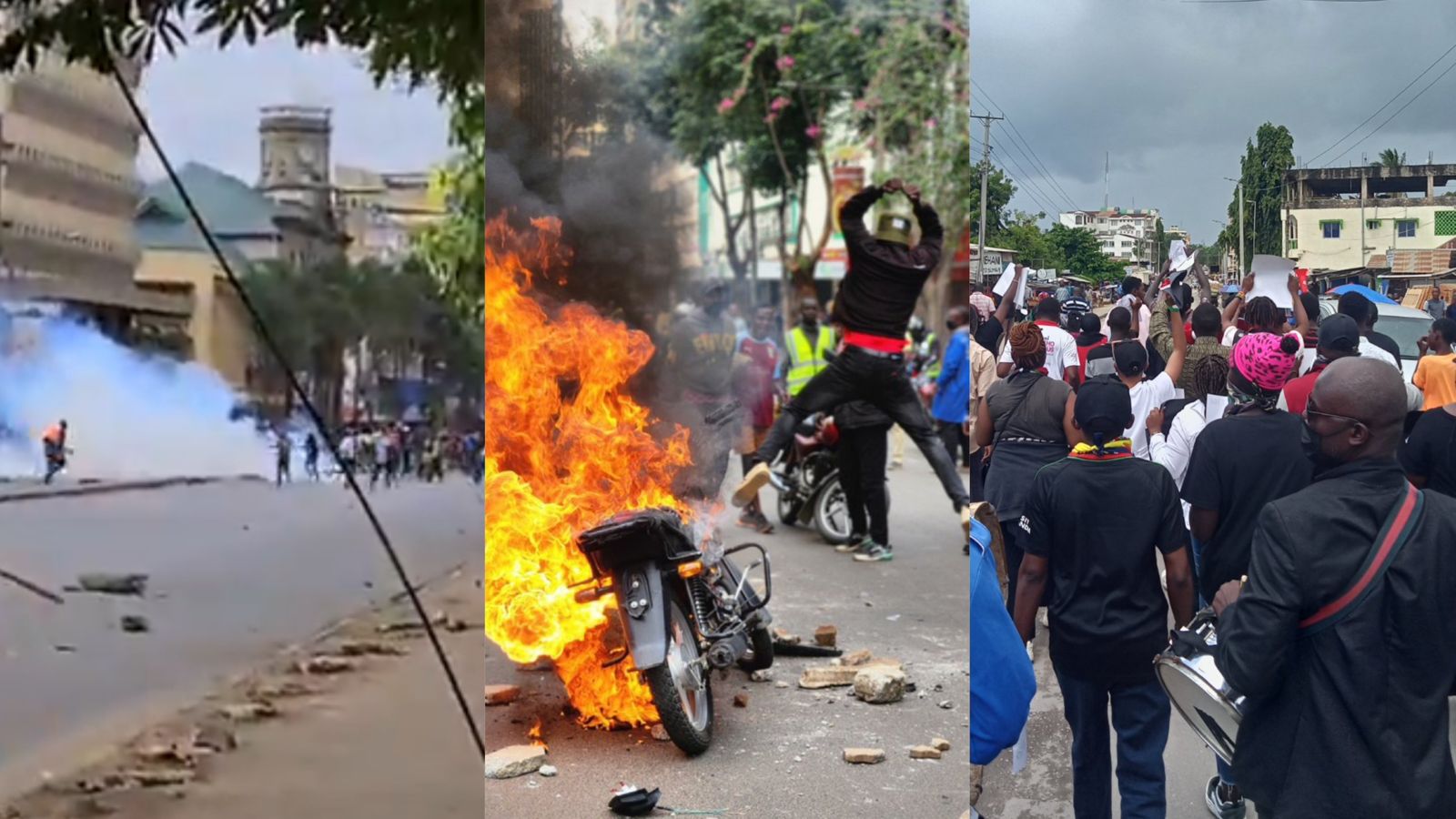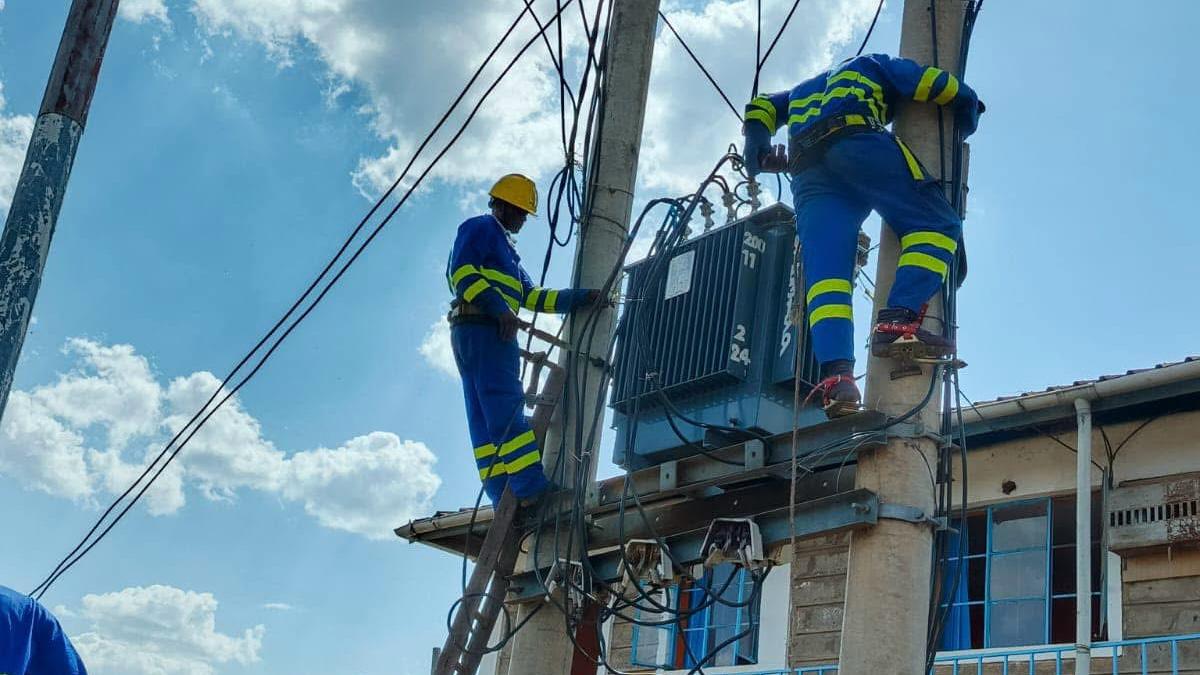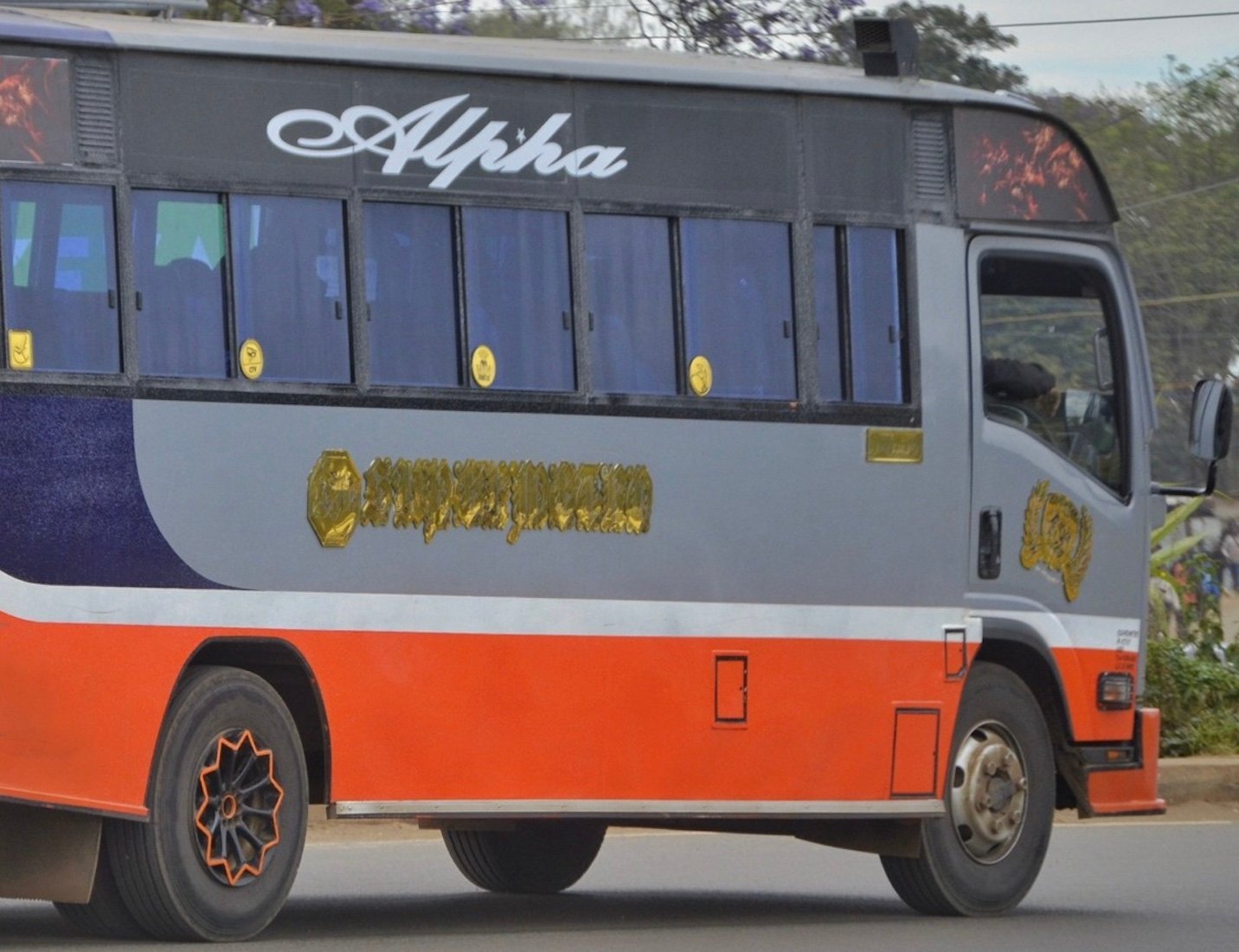The High Court has struck down a directive issued by the Communications Authority of Kenya (CA) that sought to bar media houses from broadcasting the June 25 public demonstrations live.
In a statement on Thursday, November 27, Katiba Institute said the judgment followed a judicial review application they filed, which argued that the directive was unconstitutional and amounted to an attempt by the state to unlawfully restrict press freedom during a critical moment of public interest.
Katiba Institute said the court agreed with their position that the directive unlawfully interfered with media operations.
"The High Court has allowed our judicial review application challenging the unconstitutional directive issued by the Communication Authority of Kenya (CA) which had ordered all television and radio stations to cease live coverage of the June 25 public demonstrations," the institution said.
Katiba Institute further explained that the court declared the directive unconstitutional and ensured it could not be enforced by any state agency.
Read More
"The judge found the directive illegal and unconstitutional, quashed it in its entirety, and prohibited the Communications Authority and any other state agency from enforcing it," the institution added.

On Wednesday, June 25, CA directed media houses to stop the live coverage of the protests.
In the letter addressed to media houses, CA noted that the live broadcasts were contrary to the law.
"The live coverage of the June 25th, 2025, demonstrations are contrary to Articles 33(2) and 34(1) of the Constitution of Kenya and Section 461 of the Kenya Information and Communications Act, 1998," read the letter in part.
"This is therefore to direct all television and radio stations to stop any live coverage of the demonstrations forthwith. Failure to abide by this directive will result in regulatory action as stipulated in the Kenya Information and Communications Act, 1998."
Article 33 (2) of the constitution reads "The right to freedom of expression does not extend to propaganda for war, incitement to violence, hate speech or advocacy of hatred that constitutes ethnic incitement, vilification of others or incitement to cause harm; or is based on any ground of discrimination specified or contemplated in Article 27 (4)."
On the other hand, Article 34 (1) that was cited by the CA reads as follows- "Freedom and independence of electronic, print and all other types of media is guaranteed, but does not extend to any expression specified in Article 33 (2)."
Following the order, some of the media houses claimed that the government had switched off some Free-to-Air signals.
The directive by CA was met with uproar among Kenyans, with some terming the directive as unconstitutional.
"The regime’s move to block live coverage of the #Justice4OurMashujaa protest is a deliberate attempt to conceal police violence, which is getting worse, as witnessed by KHRC.
"KHRC calls on media houses to ignore this unconstitutional directive by the Communications Authority of Kenya. We also encourage all protesters to document and share any instances of police brutality online, so that the abusers are held to account," the Kenya Human Rights Commission (KHRC) stated.







-1772106339.png)